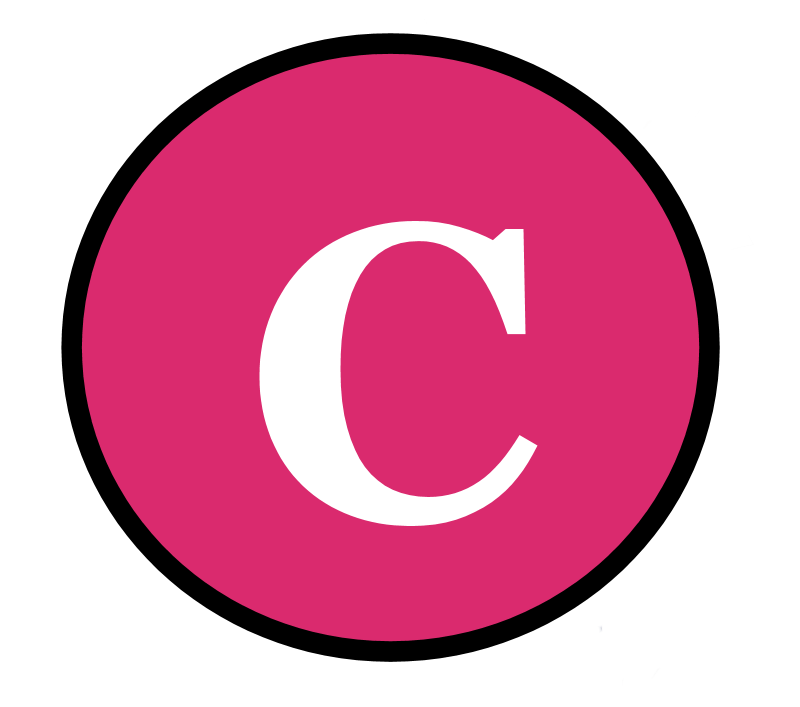5 Things You'll Find in Most Writing Contracts
When a client sends you a contract, there are going to be quite a few stipulations they’re going to expect you to agree to. Let’s look at some of the most common terms found in freelance writing contracts and examine how they will affect you in the long-run if you sign the contract.
*Note: I am not attorney, so please don’t take this article as legal advice.
Copyright
The copyright section (also called Assignment of Proceeds, Assignment of Inventions and Work for Hire) basically lays out who will own the work after it is accepted by the client.
There are several ways this section can play out:
They want all rights, world-wide in digital and print, which means they own your work and you can’t do anything with it after your client accepts it and pays for it.
They only want digital rights, which means you can reprint your work in magazines, newspapers or books if you want.
They only want US rights (or rights for whatever country), which means you can publish the work in other countries.
They want print rights, which means you can publish the piece online, but you can’t publish it in magazines, newspapers or books.
Here’s an copyright excerpt from a contract I took on years ago:
The Writer acknowledges and agrees that all of the results and proceeds of every kind of Work(s) rendered by the Writer for the Publisher—including, but not limited to: articles, stories, reports, memoranda, drawings, photographs, ideas, suggestions, titles, designs and other work—shall be, and hereby are, assigned to the Publisher. The Publisher shall have the perpetual and worldwide right, amongst all other rights of ownership, but not the obligation, to use and exploit the Work(s) throughout the universe in any manner whatsoever, in any and all media, now known or hereafter devised.
Typically, freelance contracts will stipulate the company you are doing the work for owns all rights to the piece (as long as they pay for it). Keep an eye out for clients that allow you to keep certain rights, though. Keeping certain rights will allow you to earn money off of the work more than once.
For example, say the client only wants digital rights. You can go on and sell the piece to a magazine or put it in a book you’re writing. You earn twice! Cha-ching!
Independent Contractor Status
This section basically states that you aren’t employed by the client and that you work for yourself. By contract, a freelance worker or independent contractor:
Is not covered by employment and labor laws
Provides their own tools and work space to complete the job
Invoices the company to be paid
Pays their own taxes
Is responsible for any legal actions that comes about due to misinformation or plagiarism in the work
It’s also important to remember the legal definition of an independent contractor. According to Business Dictionary:
To be legally designated as an independent contractor, an individual must (1) be free from the control of the client, (2) be able to exercise his or her judgment as to the manner and methods to accomplish the end-result, and (3) be responsible for the end-result only under the terms of the contract.
So, if a company tries to get you to clock in, use only their computers or work only on-site, you are an employee, and the company is committing an illegal act by calling you an independent contractor.
Confidentiality
The confidentiality section goes over what the client wants you to keep secret about their business. This can include trade secrets, how much money you make writing for them, their hiring process and more. Be sure to read this section and commit to memory what they don’t want you to reveal.
Here’s an example:
You will not disclose nor use for your own or another’s benefit, during or after the course of rendering services for the Program, any information not publicly known (hereinafter “Confidential Information”) relating to the Company or any of its parent, affiliated or related companies, unless authorized in writing by the Company. Confidential Information shall include, but not be limited to, any information or data concerning any aspect of Producer’s or Company’s operations or existing or future programming, or any other information regarding the Program; administrative and production procedures and manuals; business and financial plans, projections, results and prospects; computer programs and software; customer, employee, stockholder and supplier information or lists; Equal Employment Opportunity data, employee surveys, upward feed-back data, activities, plans; research efforts, trade secrets, Proprietary Property and technical information; trademarks under consideration; terms and conditions of the Company’s contracts and agreements; as well as any information disclosed to the Company in confidence by third parties. You must preserve Confidential Information even after your services hereunder end.
You shall not make any statements to the press, any media service or other third party or distribute or circulate any written release, promotional literature, news story, advertising publicity or communications of any kind to any other party regarding the Company or any of its parent, affiliated or related companies, its programming services, operations and activities without prior written approval from the Producer or the Company.
Services and Compensation
The services and compensation section is my favorite. It lays down what your scope of work is and how much you’ll get paid. Pay close attention. Some clients try to sneak extra work into this section that you didn’t agree to initially. If you’re not comfortable, don’t be afraid to ask for changes.
Here’s an example of this type of section:
Our agreement includes:
Blog Posts
2 Weekly Blog Posts between 300 to 500 words on the topic areas of content marketing, native advertising and audience development, including the CTA.
1 or 2 Monthly Linkedin Pulse Articles between 300 to 500 words on the topic areas of content marketing, native advertising and audience development. Articles will by posted to my Linkedin Pulse under my name and will include a link or CTA to the Ideal Media site.
1 Monthly Guest Post around 500 words on the topic areas of content marketing, native advertising (though the word "advertising" will be used sparingly) and audience development. Finding guest posting arrangements will be worked on together.
10 to 11 articles, total.
XYZ Media will be invoiced $1,000 per month.
Social Media Services
Additionally, writer will leverage social audience, especially via Twitter and Linkedin to promote these posts and the new blog site. Writer will also include any additional posts about the company needed. Included in this service will be the use of analytic tools to research the best times to post for the best engagement.
XYZ will be invoiced $500 per month.
Payment for Work
Here, your client will specify how soon you will be paid. Some will pay on delivery while others will stipulate a 15, 30 to 45 day timeframe.
Here’s an example:
Writer, for authoring said Work(s), shall receive payment agreed upon for each article completed, submitted, and accepted by the Publisher. The Publisher will pay the Writer by check on 15th day of the following month for all Work submitted and approved by the Publisher. If the 15th occurs on a Saturday or Sunday, payment will be made the following business day.










